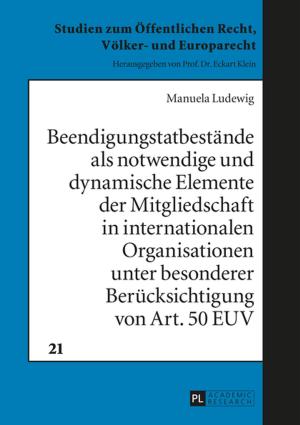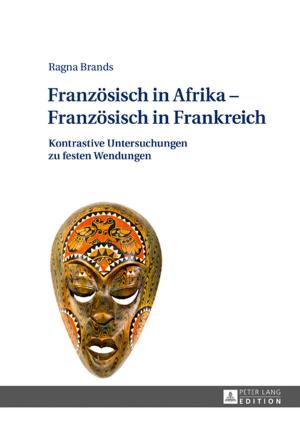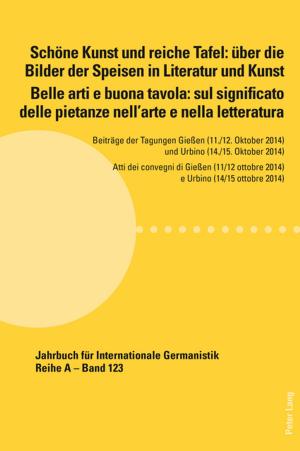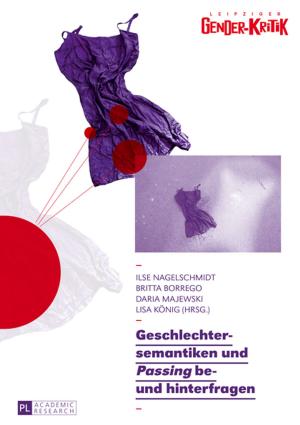Coping with Uncertainty
Petty Traders in Post-Soviet Russia
Business & Finance, Economics, International Economics, Nonfiction, Social & Cultural Studies, Social Science, Cultural Studies, Ethnic Studies, Science & Nature, Mathematics| Author: | Kamil Wielecki | ISBN: | 9783653956221 |
| Publisher: | Peter Lang | Publication: | September 18, 2015 |
| Imprint: | Peter Lang GmbH, Internationaler Verlag der Wissenschaften | Language: | English |
| Author: | Kamil Wielecki |
| ISBN: | 9783653956221 |
| Publisher: | Peter Lang |
| Publication: | September 18, 2015 |
| Imprint: | Peter Lang GmbH, Internationaler Verlag der Wissenschaften |
| Language: | English |
Petty trade helped vast numbers of people to survive the crisis faced by post-Soviet Russia. The book analyses how this survival technique was carried out in practice. On the basis of his fieldwork research, the author shows how people coped with rapid social change and places their activities within a context of government policies, migration flows and entrepreneurial strategies.
«This is an original work based on extensive fieldwork research. Wielecki skillfully intertwined «ethnographic meat» with «the bones of theory», which has resulted in a «flesh-and-blood» anthropology.»
Michał Buchowski
«This is an immensely insightful exploration of petty trade in post-Soviet Russia. The author laces his genuine ethnographic work in a coherent account of the concepts of uncertainty, embeddedness, and informal economy.»
Violetta Zentai
Petty trade helped vast numbers of people to survive the crisis faced by post-Soviet Russia. The book analyses how this survival technique was carried out in practice. On the basis of his fieldwork research, the author shows how people coped with rapid social change and places their activities within a context of government policies, migration flows and entrepreneurial strategies.
«This is an original work based on extensive fieldwork research. Wielecki skillfully intertwined «ethnographic meat» with «the bones of theory», which has resulted in a «flesh-and-blood» anthropology.»
Michał Buchowski
«This is an immensely insightful exploration of petty trade in post-Soviet Russia. The author laces his genuine ethnographic work in a coherent account of the concepts of uncertainty, embeddedness, and informal economy.»
Violetta Zentai















